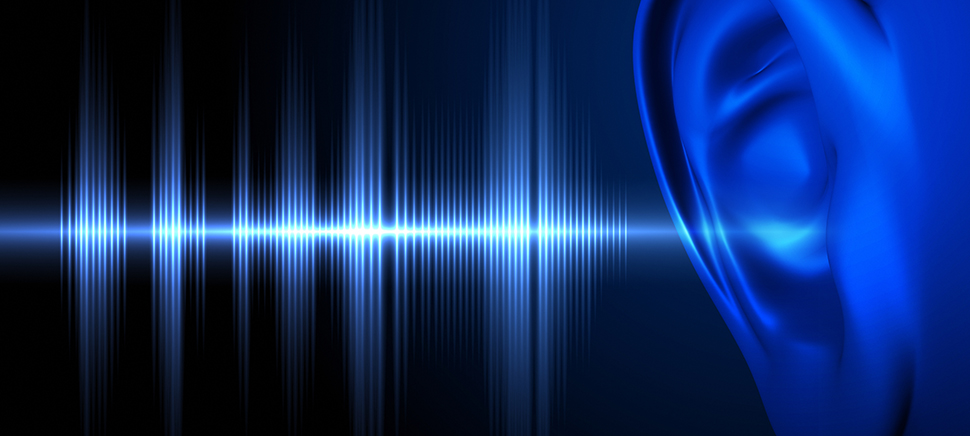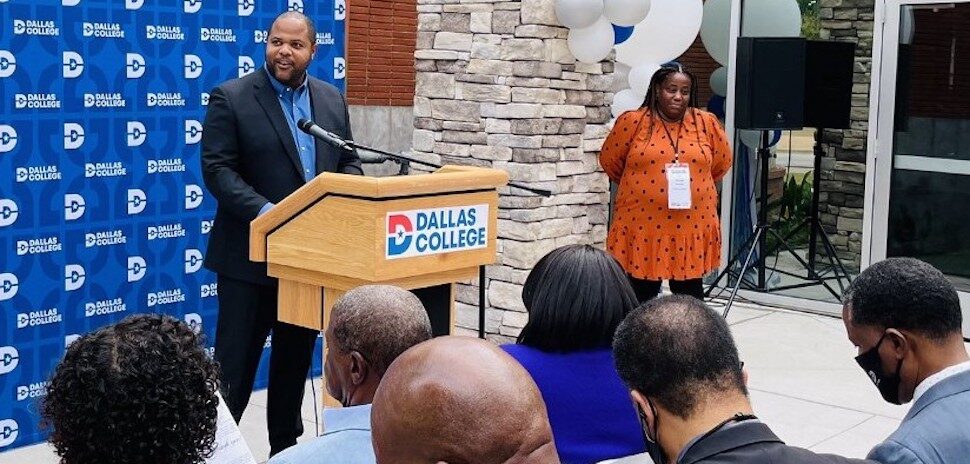Researchers from the University of Texas at Dallas have received a $1.86 million grant from the National Institutes of Health to create an open-source platform for producing hearing enhancing smartphone apps.
To allow companies and researchers to more easily create apps, the UT Dallas researchers developed a “shell,” that has common programming languages such as Matlab or C.
“Researchers won’t have to learn all the complicated tools to create new applications. With our tools, they can just stick to what they know and then they can run whatever they’ve been doing on a smartphone platform,” Issa Panahi, professor of electrical engineering in UT Dallas’ Erik Jonsson School of Engineering and Computer Science, said in a release.
The five-year grant will help UT Dallas researchers further their previous work, which examined how noise reduction and speech enhancement smartphone applications are effective in boosting the performance of hearing aids.
“We are opening the door and encouraging researchers, engineers, and educators everywhere to use this low-cost or, perhaps, no-cost system to explore new ideas and come up with better methods of helping hearing-impaired users,” Panahi said.
Currently, solutions to cut down extraneous noise for those wearing hearing aids can be costly, said Linda Thibodeau, professor in UT Dallas’ School of Behavioral and Brain Sciences.
But, Nasser Kehtarnavaz, a UT Dallas professor of electrical engineering, imagines their work could offer the possibility of a much lower price point.
“We expect they will be able to download a $2 app, go into a crowded restaurant and have a much better hearing experience than they might otherwise have had,” he said.
For a daily dose of what’s new and next in Dallas-Fort Worth innovation, subscribe to our Dallas Innovates e-newsletter.




























